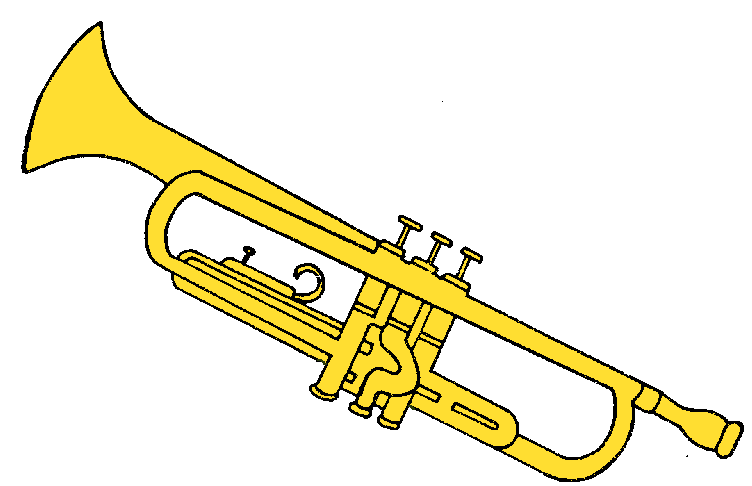Properties of Sound
Classical Mechanics
Level
2
 How will playing a trumpet in warmer weather affect the pitch? Why?
How will playing a trumpet in warmer weather affect the pitch? Why?
It will be sharper (higher), because the heat makes the metal slightly contract, affecting the pitch
It will be sharper (higher), because warmer air increases frequency, which raises the pitch
It will be flatter (lower), because the heat makes the metal slightly expand, affecting the pitch
It will be flatter (lower), because warmer air decreases frequency, which lowers the pitch
This section requires Javascript.
You are seeing this because something didn't load right. We suggest you, (a) try
refreshing the page, (b) enabling javascript if it is disabled on your browser and,
finally, (c)
loading the
non-javascript version of this page
. We're sorry about the hassle.
The sound of a trumpet originates in the column of air inside it. As the trumpeter blows from the mouthpiece to the open end of the trumpet, the air column begins to vibrate in and out of the mouthpiece and open end creating a standing wave. The vibration of the air column produces the sound. Every one of the piston valves when engaged lengthens the air column hence lowering the pitch.
At a higher temperature but same atmospheric pressure air has a lower density, therefore there are lesser air molecules in the same length of air column. For the same amount of energy blowing the trumpet, lesser air molecules vibrate faster or at a higher frequency which increases the pitch making it sounds sharper .